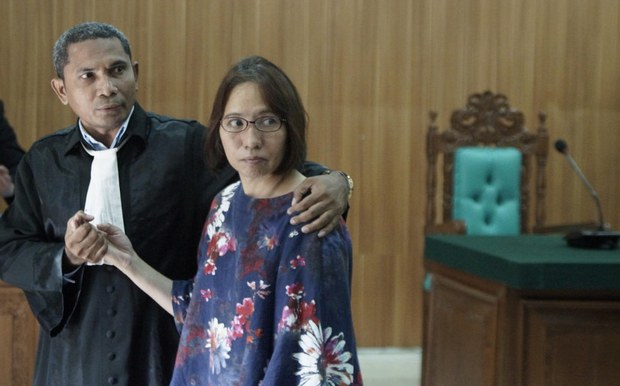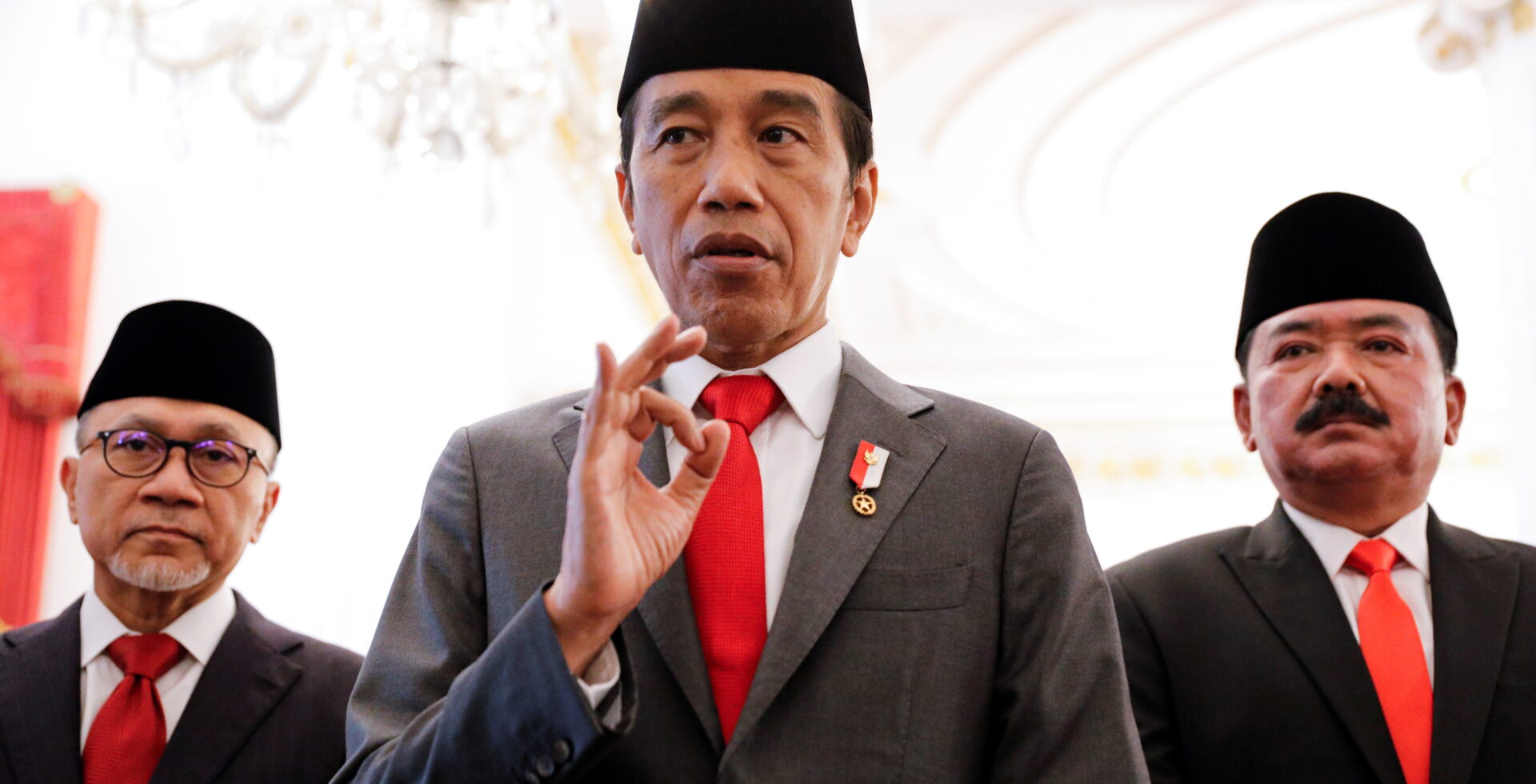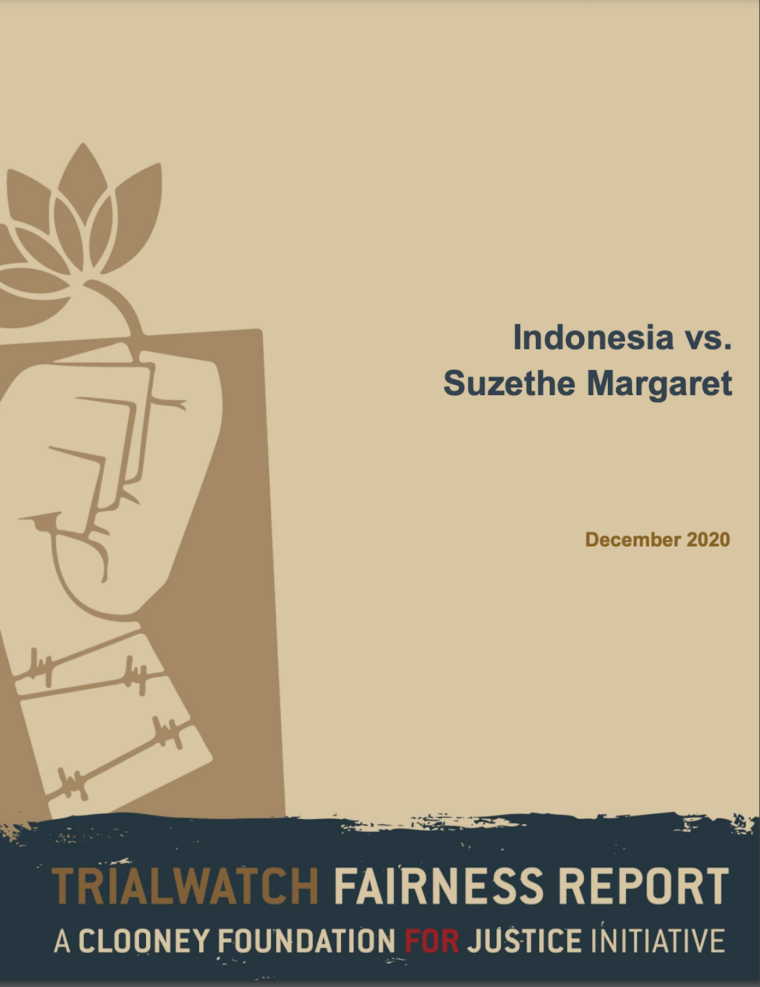Our work in Indonesia has focused on the abuse of the country’s controversial Information and Electronic Transactions Law (“the ITE Law”), which the authorities and other powerful actors have used to silence criticism.

In two cases that the Clooney Foundation for Justice’s TrialWatch initiative monitored, a journalist was convicted of “cyber defamation” and a dermatology patient was likewise prosecuted for cyber defamation for Instagram posts criticizing a beauty clinic (she was eventually acquitted). To support the journalist’s appeal of his conviction, TrialWatch submitted an amicus brief to the Indonesian Supreme Court, urging it to improve protections for journalists.

TrialWatch has also covered Indonesia’s blasphemy law—another way in which the criminal law is being used to insulate the majority from ‘subjective feelings of offensiveness.’
Yet Indonesia is discussing expanding its blasphemy law, posing a further threat to the rights to freedom of expression and freedom of religion or belief.

TrialWatch
TrialWatch is now monitoring developments on the ground in light of the passage of a new criminal code that undercuts core human rights, including speech offenses and blasphemy offenses. Our monitoring in Indonesia is part of broader work to combat cybercrime laws in the region, including in Bangladesh, Pakistan, and Malaysia.
News
Read more



